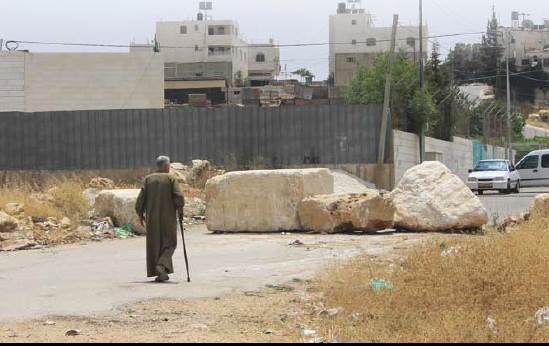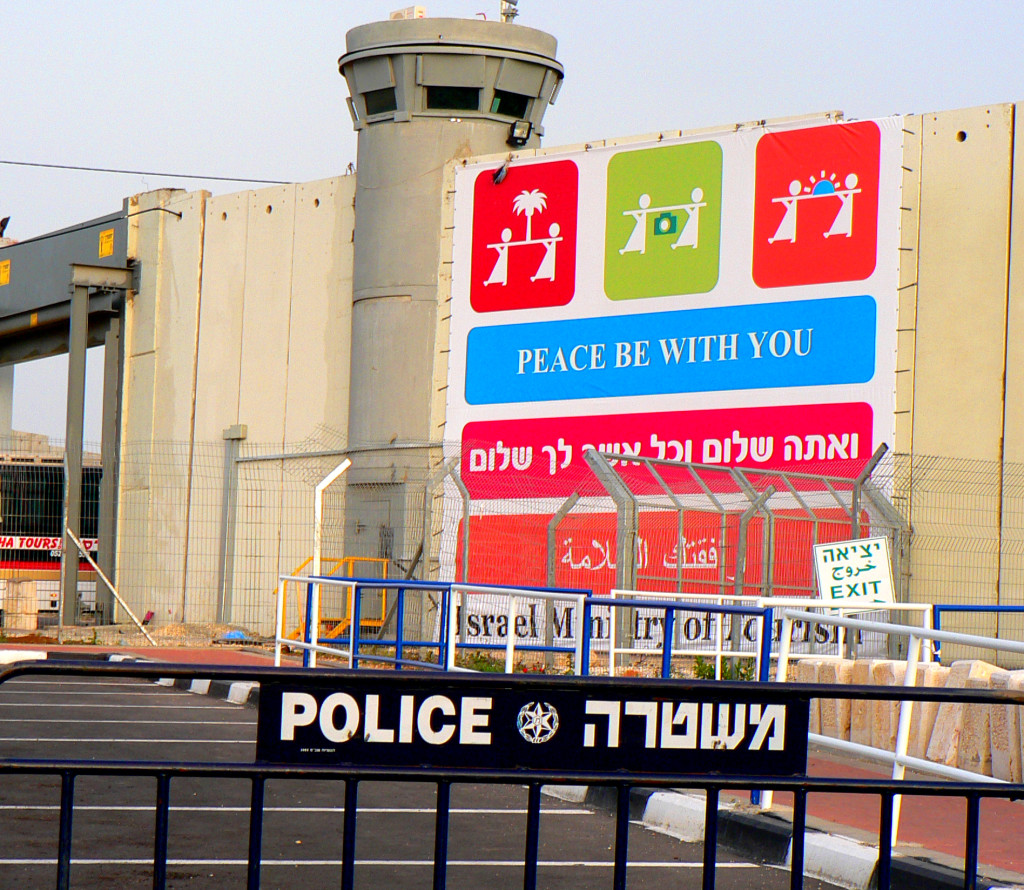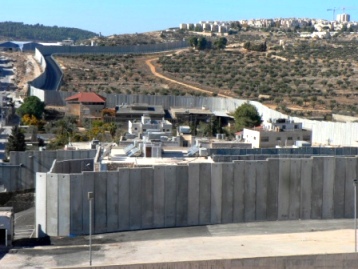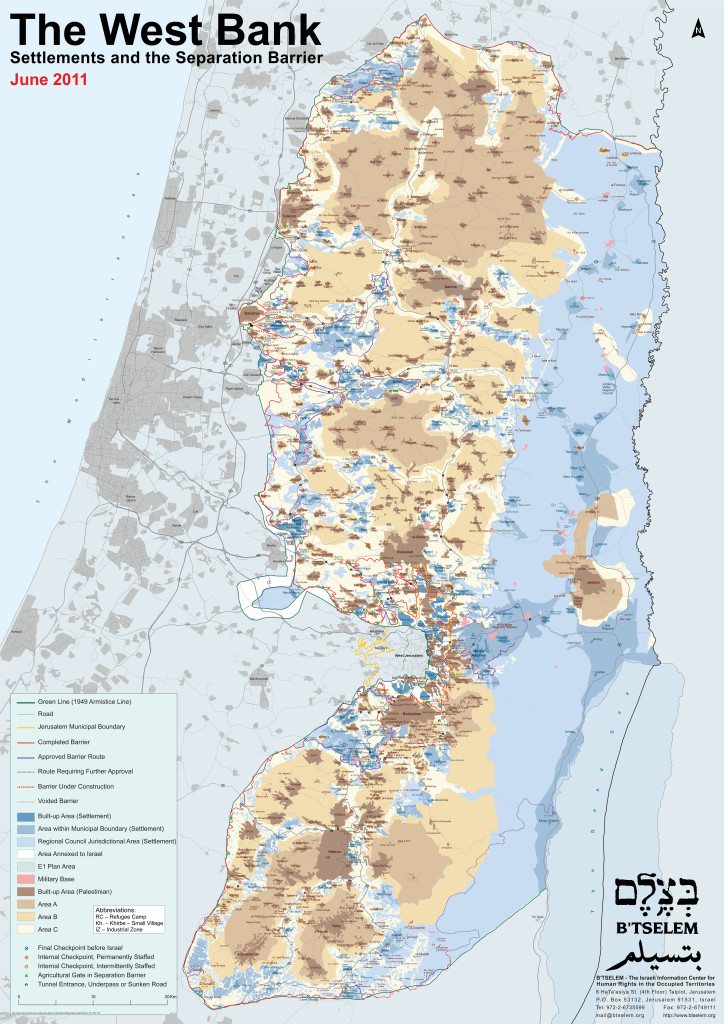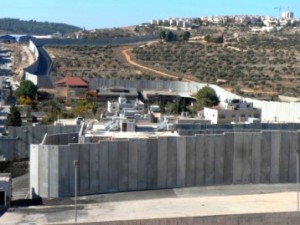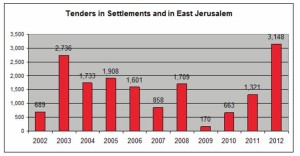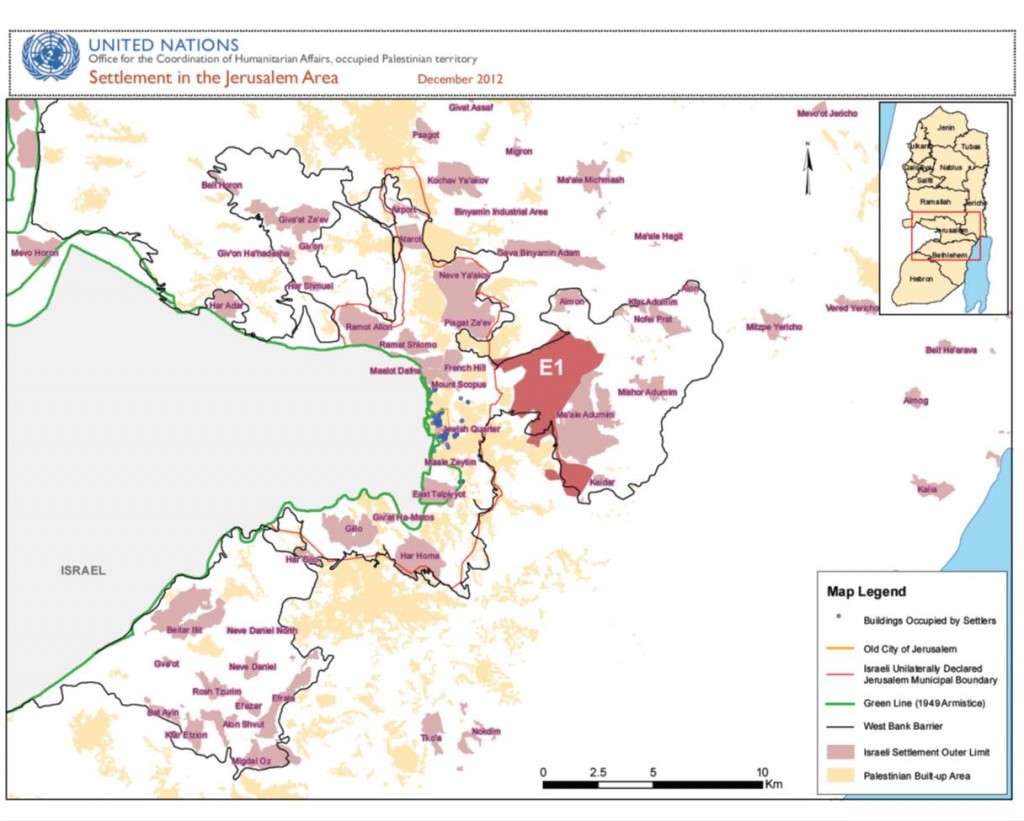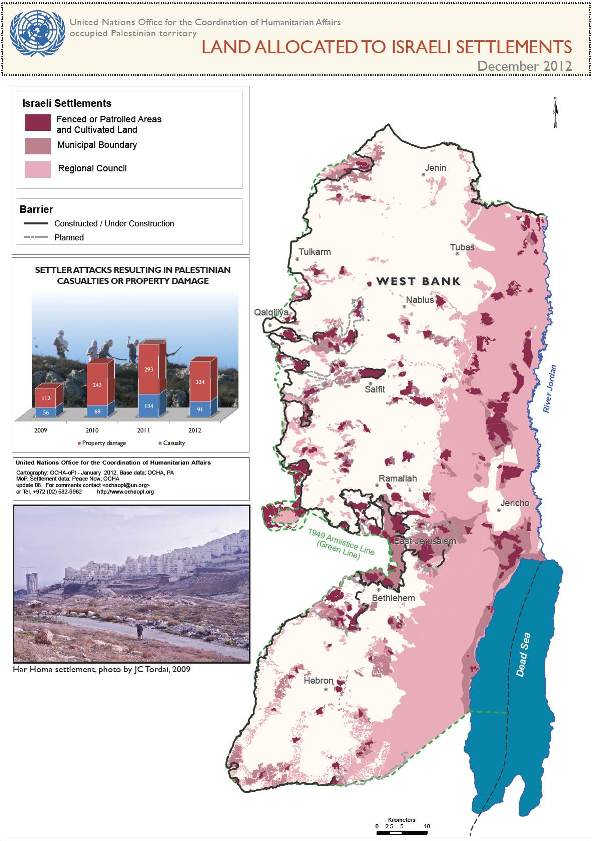Presiding Bishop Eaton is among 20 ecumenical leaders to sign a letter to President Trump on the 50 year Israeli occupation. The letter was organized by Churches for Middle East Peace (CMEP) in connection with the CMEP Advocacy Summit now underway.
“Mr. President, we ask you to take the necessary steps to make this year a true jubilee year and work toward a just and durable solution that advances security, human rights, and self-determination for Israelis and Palestinians. These steps should include upholding longstanding U.S. policy that recognizes Israeli settlements as illegal and an impediment to peace while ensuring accountability for policies about settlements that disregard legal restraints and international consensus. We call on your administration to promote a shared Jerusalem by Palestinians and Israelis, as well as full access to the Holy Sites of the three religious traditions – Jews, Muslims and Christians – who call them holy.
We pray and hope for a negotiated resolution to the conflict. In this 50th year of occupation, we ask your administration to do more than just seek an end to conflict. Through the confiscation and destruction of viable agricultural lands, deindustrialization, and restriction of movement, the occupation has placed a stranglehold on the Palestinian economy. Trade is an essential component of a stable economy and without it poverty, unemployment, food shortages, and medical crises will continue to destroy the livelihoods and safety of Palestinians which in turn contributes to instability and violence that harms Israelis.
Mr. President, we encourage you to support development and humanitarian assistance that will promote human dignity, especially in the West Bank and Gaza, including access and protection for aid agencies and others. This year, there are more than 2 million people in Gaza and the West Bank in dire need of humanitarian assistance — nearly one out of every two Palestinians.
Mr. President, we Christian leaders continue to choose hope and call for a just peace for both peoples and an end to the occupation. We will support your efforts to build a peace between Israelis and Palestinians “that allows both peoples to live, worship, and thrive and prosper.” It is possible in this 50th year to move from occupation toward jubilee and realize the vision of two viable states, Israel and Palestine, living side-by-side in peace within secure and recognized borders.”
You can find the full letter here.

